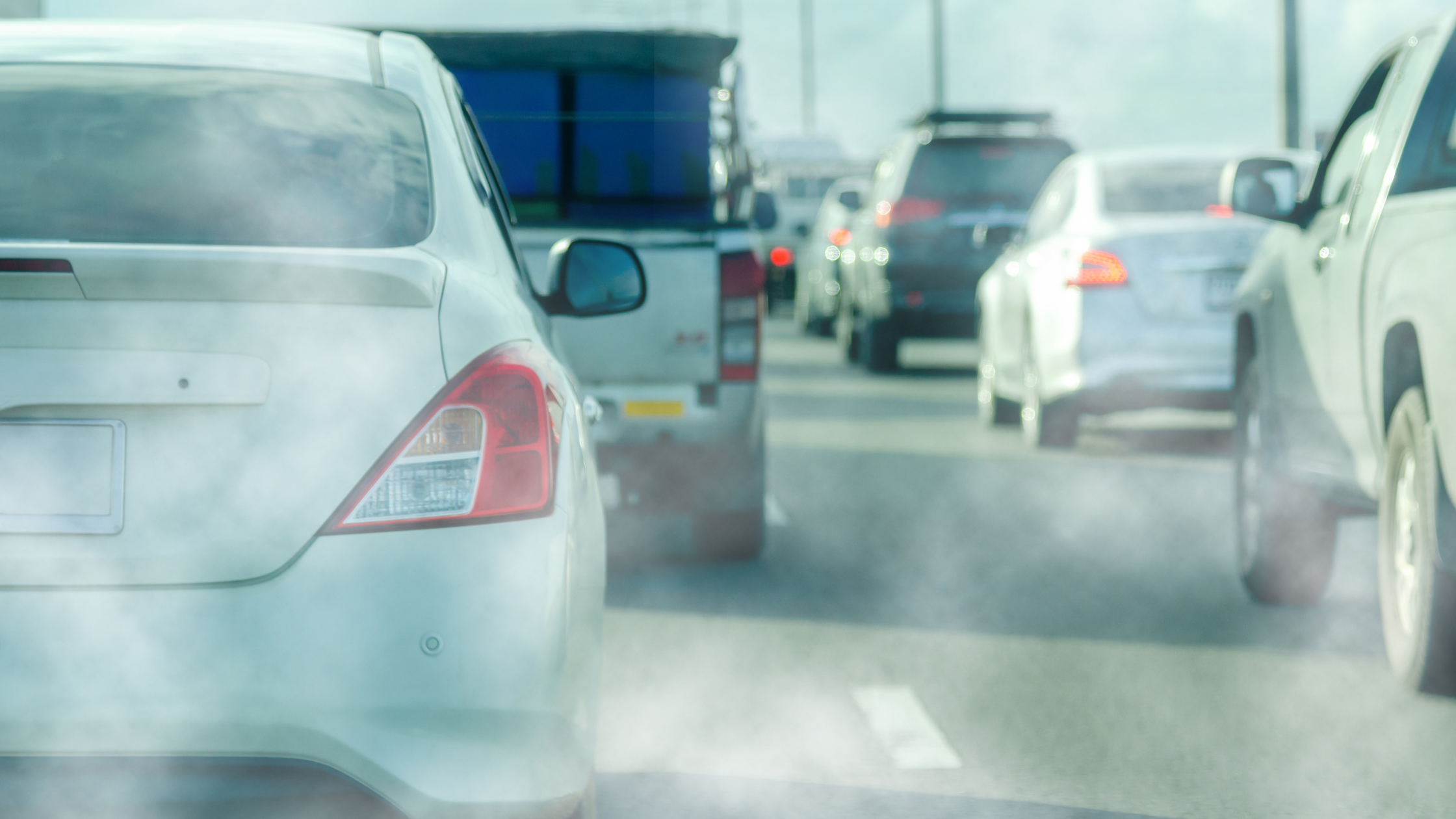
- February 3, 2016
- Katlin Owens
Driving while exhausted
We’ve all done it. After a night of little to no sleep, we’ve jumped behind the wheel of a 3,000 pound machine and drive off to work or class utterly exhausted. While the majority of us do this without a second thought, driving while sleep-deprived can be extremely dangerous. According to the National Highway Traffic Safety Administration, there are an estimated 100,000 auto crashes and 1,550 crash-related deaths due to fatigue. In fact drowsiness or the equivalent of being awake 18 hours is equal to a blood alcohol content of .05%. Studies also show that sleep loss and poor quality sleep lead to increased accidents and injuries on the job.
As an over the road driver, it is almost impossible to keep a regular schedule and obtain the suggested “full eight hours,” but there are some things you can do to help. What you eat throughout the day can play a huge part in the quality of sleep you’ll get. Studies show individuals that consume fewer portions of vegetables, have more irregular meal patterns and eat more refined carbs like white bread and rice sleep less than others. It becomes a cruel cycle of craving things like caffeine or sugar to help perk you up after a poor night’s sleep and then not being able to sleep well the next night because of what you ate or drank to help in the first place. Making sure you eat a healthy and well-rounded diet full of vegetables, fruits, beans and whole grains can minimize the health risk and promote a better night’s sleep.
Physical activity also can help. It can be as simple as walking around the parking lot or truck a couple of times or doing yoga. A study from the Sleep Foundation showed that those who did a moderate-intensity activity fell asleep quicker and had an increased length of sleep than those who did not exercise. Not only does exercise help reduce the risk of high blood pressure and obesity, but it is a great outlet to relieve stress, which can be another road block to a good night’s sleep.
If you are in need of a quick fix, experts at the Clayton Sleep Institute recommend taking a 20-minute break every 100 miles. Sleep deprivation also affects our short-term memory, so if you find yourself forgetting how you got from Point A to Point B, pull over immediately and take a “20-30 minute nap.” Caffeine can work, but it does take about 20-30 minutes to kick in. Remember, this a temporary solution for the problem at hand. Visit your doctor if you are consistently having issues or the problem becomes more common. There might be underlying health issues that are impacting your sleeping patterns.
Leave Your Comment
Many desktop publish packages web page editors now use model text
search for sites their infancy.